Who Called Me? How To Identify and Prevent Spam Calls
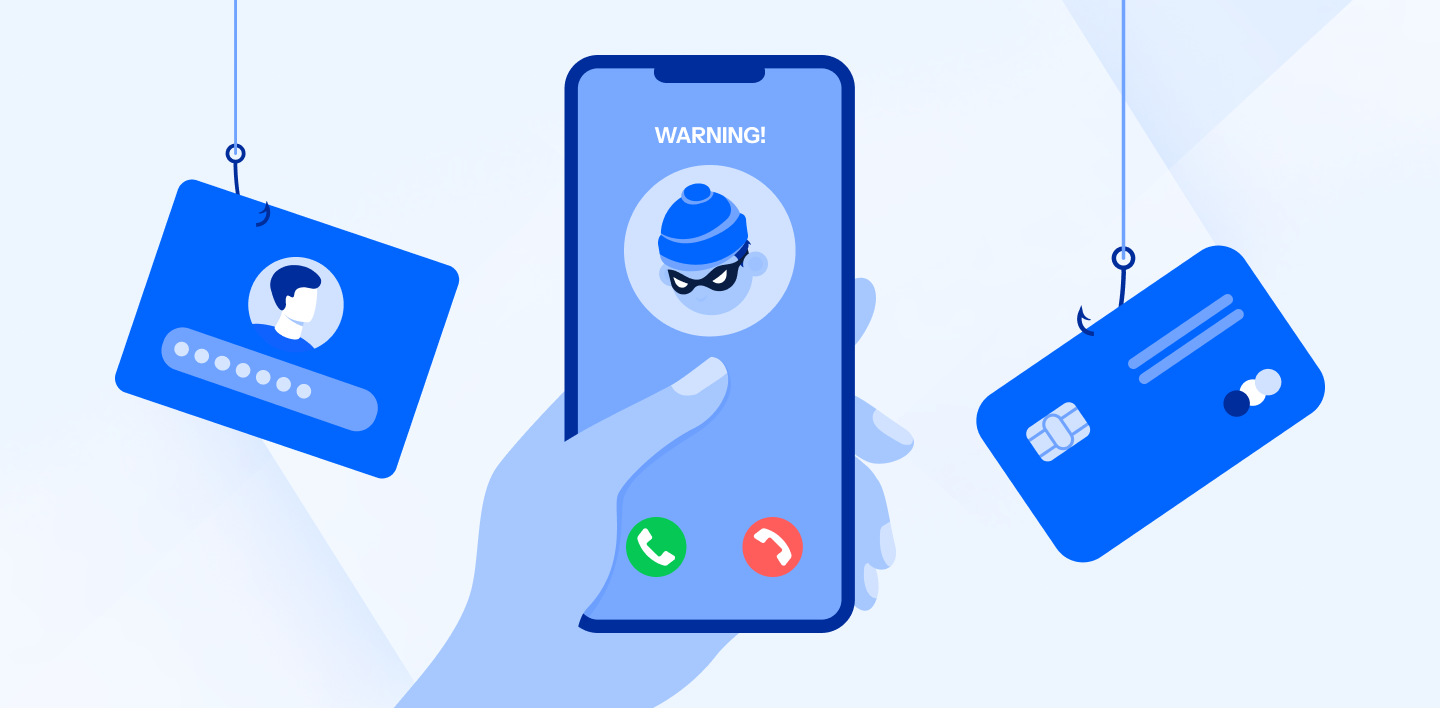
On many occasions, we receive completely unexpected calls from phone numbers we don't know. Let's imagine the situation: you're sitting on your sofa in the middle of the day, and your mobile phone rings from an unknown number.
You don't pick it up, but the first thing you ask yourself is, who called me? Is it important, or is it spam?
There are valuable tactics to avoid receiving spam calls, and finding out who called me is one of the first steps to avoid scams and fraudulent calls.
Table of contents
- Who called me? Types of fraudulent calls
- What happens if I pick up a fraudulent call?
- Who is calling me from this number?
- Applications to find out who called me
- Tools to enter phone number and find out who's calling for free
- The importance of reporting spam calls
- Knowing who is calling: prevention and security
Who called me? Types of fraudulent calls
The calls we receive could be fraudulent or spam. For this reason, you should be aware of the measures you can take to find out who called you.
Identifying who is calling you can prevent financial loss and identity theft. Fraudulent calls can take many forms, but these are the most common.
Vishing
These calls often appear to come from legitimate institutions such as banks or government agencies. Fraudsters try to trick victims through vishing into revealing personal and financial information.
For example, a call that appears to come from the recipient's bank asks to verify their consideration or PIN number for security purposes.
Lottery or bogus prize scams
Scammers inform victims that they have won a prize or lottery but must pay a fee or provide bank details to claim it.
Say you receive a call announcing that you have won a trip or money, with one catch: you must pay taxes or a processing fee to receive your prize.
Technical support scams
Scammers pose as technicians from technology companies, claiming they have detected a problem with your computer or software and need remote access.
You might receive a call from someone claiming to be from Microsoft, stating that your computer is infected with a virus and needs access to repair it.
Fake charity calls
These calls claim to raise money for fake or existing causes, but the money goes straight into the pockets of the scammers.
Distressed relative scams
The scammer poses as a distant relative or friend in distress, urgently asking for money for an emergency.
You may receive a call from someone claiming to be your nephew, who is supposedly in a police station or hospital in another country and needs money for bail or medical treatment.
Calls trying to collect bogus debts
Fraudsters pose as collection agencies, claiming payment of non-existent or already paid debts. They scam through a call demanding immediate payment of a credit card debt that the victim does not recognize.
The fraudulent "yes" call
The "yes" phone scam is a type of scam in which the scammer calls the victim and tries to get them to say "yes" during the conversation.
This statement is recorded and used to authorize fraudulent charges. Knowing who the phone number belongs to can prevent this attack.
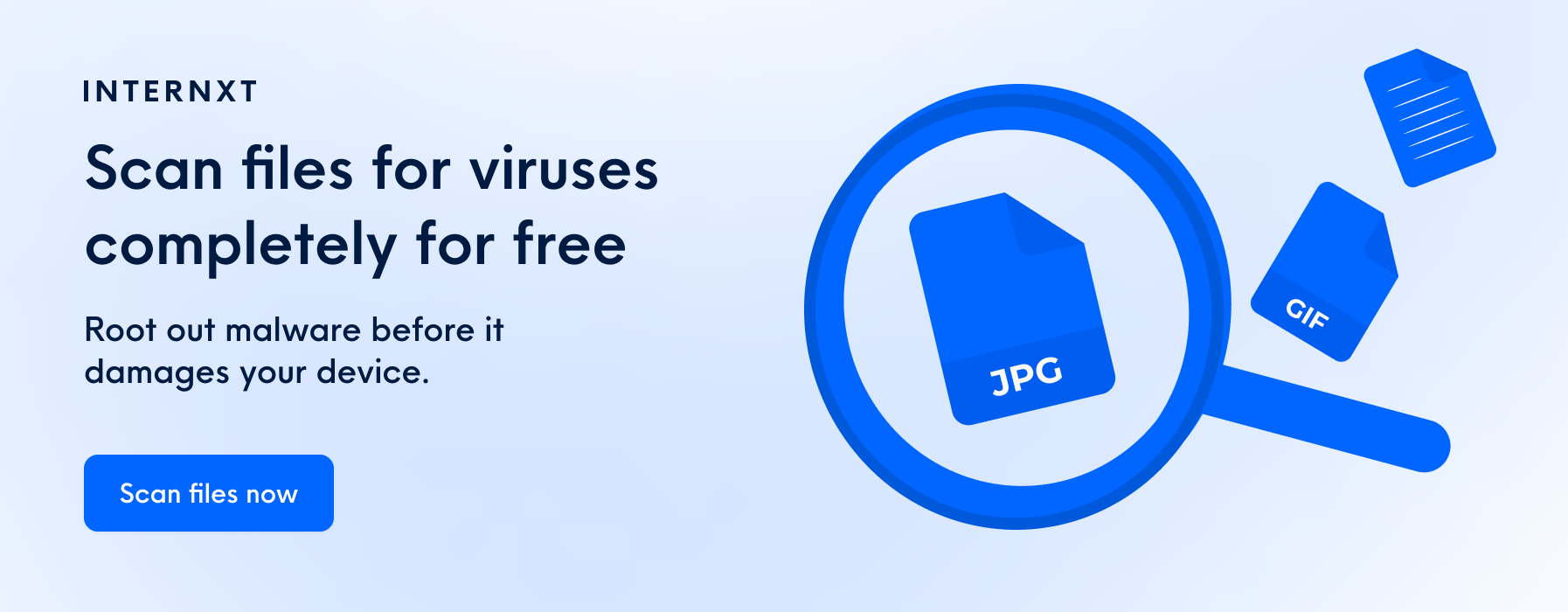
Each type of telephone scam has its own warning signs and methods of operation, but they all share a common goal: to trick people into obtaining money or personal information. It is vital to be informed and alert and to know who called me to avoid falling into these traps.
Therefore, detecting who the phone number is from would save you from receiving, for example, a call requesting donations for a supposed charity that helps sick children or disaster victims.
What happens if I pick up a fraudulent call?
In the worst-case scenario, if we receive a spam risk call, we can block the caller's number directly to avoid future contact. This ensures that they will not contact us again from that line.
If they managed to obtain personal information or your passwords have been leaked, it is crucial to change the passwords across all your accounts to prevent further hacks.
Who is calling me from this number?
We are currently experiencing an increase in unwanted communications and unethical and unhealthy attempts to contact us, which begs the question: Who does this phone number belong to? The increasing presence of these undesirable practices has raised privacy concerns among many people.
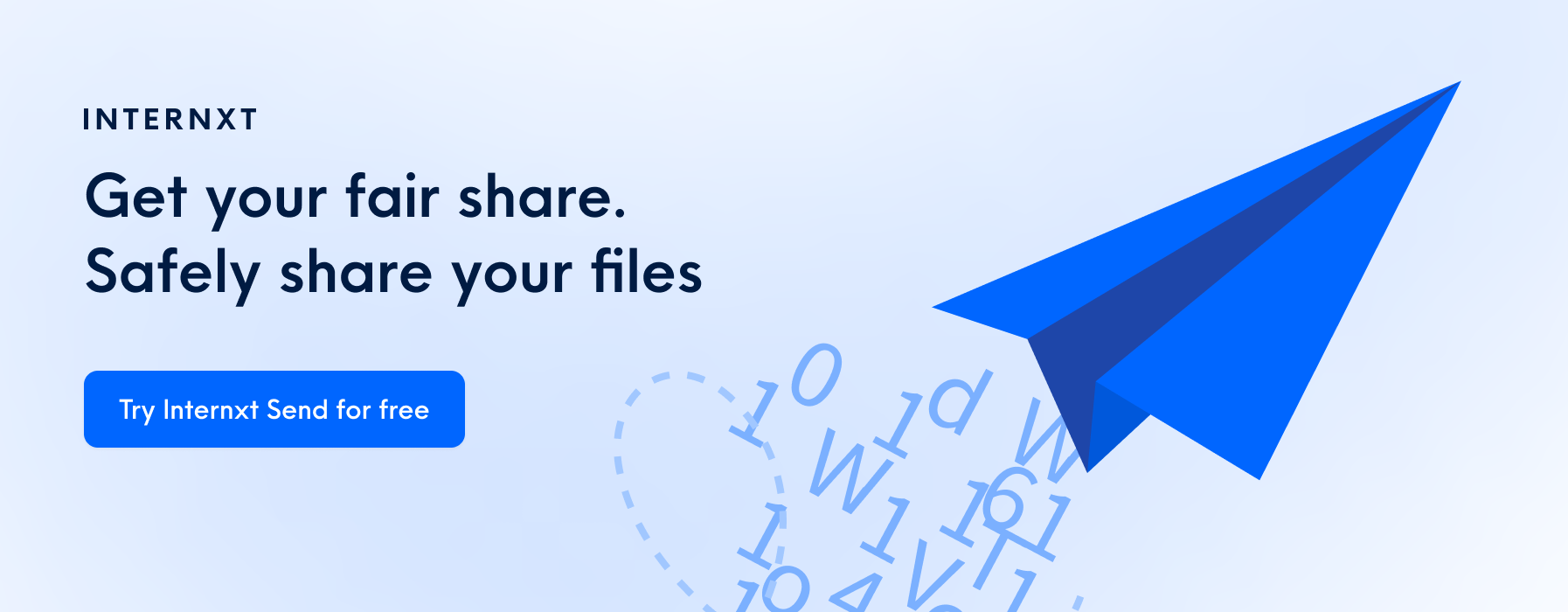
Given this reality, it is important to stay vigilant and take steps to protect our privacy and security. This may include blocking unwanted numbers, being cautious about sharing personal information, and being informed about identifying and avoiding unethical or fraudulent communication attempts.
We can also use tools to find out who is calling to report and prevent unwanted calls. Vigilance and education are key to addressing these challenges in today's communications environment.
These technological resources allow users to enter their phone numbers and find out who is calling for free. Thus, they can offer effective ways to identify and block spam calls, protecting their privacy and time. Below, we will explain some of the most popular and efficient options for identifying and blocking spam calls.
Applications to find out who called me
Certain applications can track and compare numbers through a list that has been previously created. When a user blocks and reports a number as spam, the tools can register it to warn other users.
Truecaller
This is a tool that recognizes the identity of the caller anywhere in the world, especially those who are not saved in your contact list. It helps you know who is calling you before you answer.
The application allows you to block calls and text messages from spam or unwanted numbers. It uses a regularly updated database of user-reported numbers to filter out these calls and messages.
In addition, you can search for phone numbers within the app to identify unknown owners, see if a number has been reported as spam, and get other relevant information.
Some versions of Truecaller offer a call recording feature, which can be useful for recording important or fraudulent conversations (considering local call recording laws).
It also has a feature that automatically identifies SMS in categories such as transactions, promotions, etc.
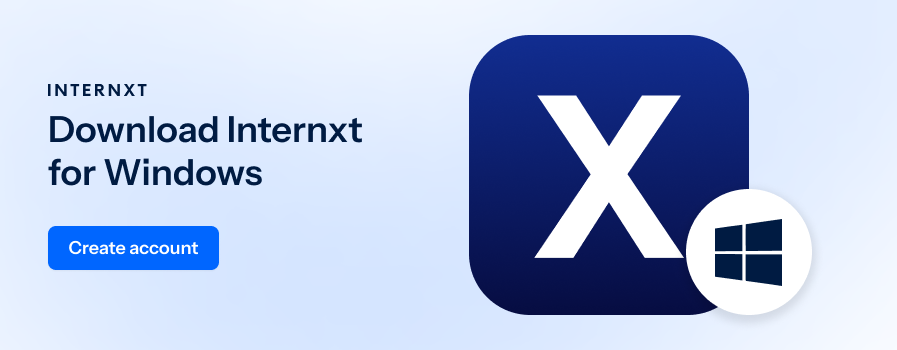
To use Truecaller, you need to give it access to your contact list and other permissions on your phone, which raises certain privacy concerns.
The app uses this information to feed its database, improve the accuracy of its service, and find out who is calling me from this number.
Whoscall
This app also identifies incoming phone numbers in real-time, allowing you to see who is calling you before you answer. This is especially useful for numbers that are not saved in your contact list.
The app also blocks calls and text messages from unwanted or spammy numbers. It uses an extensive database fed by the user community to identify and filter these calls.
A distinctive feature of Whoscall is its ability to identify calls even when you are not connected to the internet, thanks to its local database that is regularly updated.
You can also manually search for unknown numbers in the app to find out who is calling or if they have been reported as spam.
Google Phone (Phone by Google)
This is a phone dialer application developed by Google for Android devices. One of its most prominent features is the detection of fraudulent or spam calls.
It works using Google's database, which contains information about phone numbers reported as spam by other users. When you receive a call from a number known to be a source of spam, the application alerts you.
In addition to alerting you to potential spam, the app identifies who calls me using publicly available data. This means you can see the name or company of an unknown number calling you if this information is available.
You can set the app to automatically block calls from numbers that Google has identified as spam, reducing the number of unwanted calls you receive.
Users can report spam numbers directly through the app. This helps improve Google's database and the effectiveness of the spam detection feature.
This tool offers a "call verification" feature in some countries and devices. You can send a short description of why you are calling, displayed on your phone screen, before you answer.
It is important to consider that some of these features may vary depending on your location and device model. Google Phone generally comes pre-installed on smartphones and is available through the Google Play Store for other Android devices.
The effectiveness of fraudulent call detection may depend on several factors, including how much information Google has on specific numbers.
Hiya
This application, almost like the previous ones, not only answers the question of who called me but also warns you about calls that could be fraud attempts. It is based on call patterns and reports from other users.
The app categorizes incoming calls into different risk levels, which helps you make informed decisions about whether or not to answer.
You can create and manage customized lists of blocked numbers, giving you control over which calls you want to avoid.
Hiya lets you search for unknown numbers to determine who is calling me from this number and see if other users have reported them as spam or fraud. It integrates with your phone's calling functionality, working in the background to identify and block unwanted calls.
Hiya is available for Android and iOS and offers free or paid versions. The latter has additional features such as advanced number lookup and more comprehensive protection against phone spam.
It is a useful tool for those who receive many unknown calls and want an effective solution to filter out unwanted and potentially dangerous calls.
Call Blocker
This tool is very similar to the previous ones, but this app also offers a whitelist function. Only calls from numbers on this list are allowed, and all others are blocked.
Tools to enter phone numbers and find out who's calling for free
In addition to the applications to find out who called me, we can use web services that help us to find out who is calling.
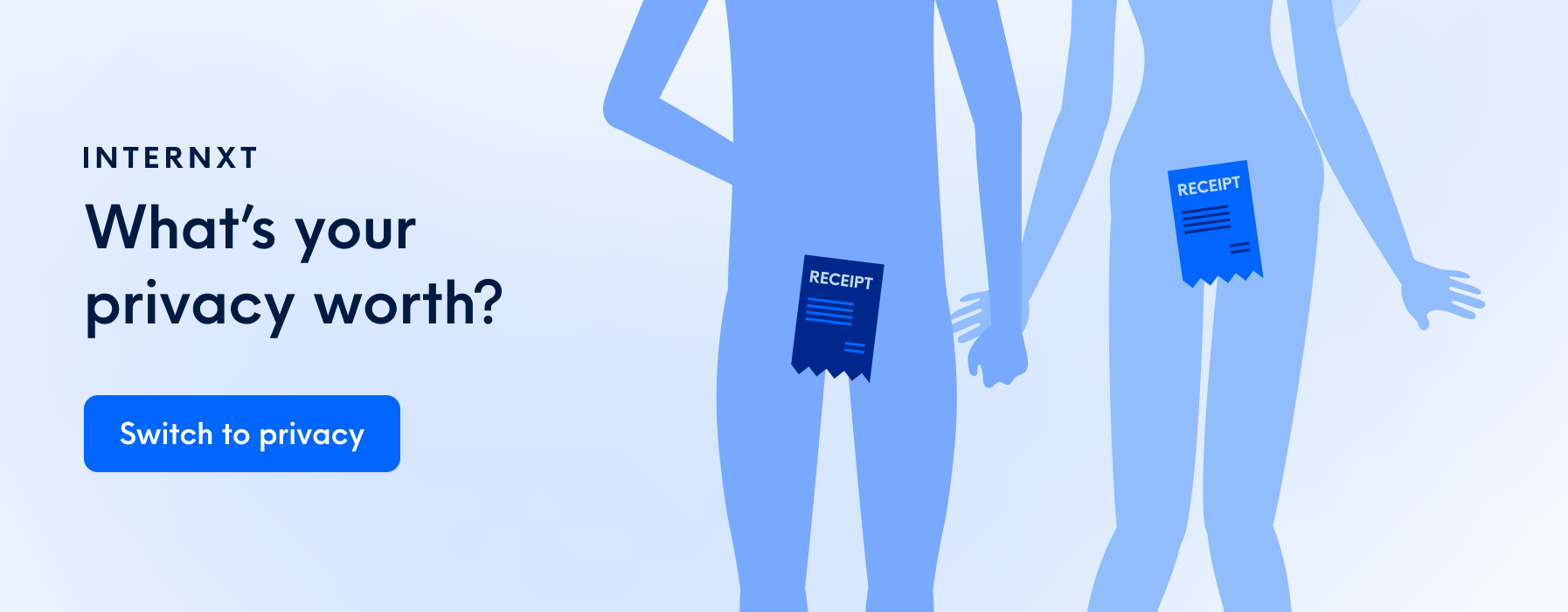
Who has called
This service offers a database of telephone numbers reported by users. It helps to identify unknown numbers and to know other people's experiences with those numbers. It is especially useful to avoid answering calls from numbers reported as spam.
ListaSpam
ListaSpam allows users to search for and report phone numbers. The community can share experiences about unwanted calls, helping others to recognize and avoid potential scams or spam.
Tellows
This service provides users a platform to report fraudulent phone calls, spam, or harassment. This tool offers a "tellows score," which indicates whether a number is trustworthy or dangerous based on user ratings and search statistics.
It also has a blog and a magazine with the latest news on telephone fraud and updates on telecommunications regulations.
Robinson List
In some countries, you can register your phone number on do-not-call lists to reduce the number of marketing and potentially fraudulent calls. In Spain, for example, there is the Robinson List. Signing up is very simple and completely free of charge.
The importance of reporting spam calls
By reporting a spam call, you provide valuable information to the authorities to help them identify and trace cybercriminals. This can shut down fraud networks and prevent others from being exposed to similar scams.
Your reports contribute to improving fraudulent call detection systems. Phone companies and app developers use this data to fine-tune their call filters and call blockers. This results in more effective protection for the whole community, reducing the amount of spam calls reaching users.
By sharing your experience, you alert others to specific scam tactics, making them more cautious and prepared to handle potential scam calls.
Spam call reports provide valuable data for studies and statistics on telephone fraud. This data is essential to understanding the magnitude of the problem and can influence the creation of public policies and prevention strategies against data breaches.
Moreover, the more people who report scams, the less successful these tactics will be in the long run. By making it more difficult for fraudsters to achieve their goal, it discourages the practice of these illicit activities.

Knowing who called: prevention and security
To protect yourself against fraudulent calls and other popular scams, it is important to take these preventive measures when finding out if who is calling is a spam number.
- Stay informed about the latest tactics and types of telephone scams. Scammers' techniques are constantly evolving, so it is crucial to keep up to date with the lastest information.
- Never share personal or financial information over the phone unless you are absolutely sure who you are talking to.
- Be especially wary of requests for sensitive data such as social security numbers, bank details, passwords, or PINs.
- If you receive a suspicious call from an organization or individual, verify their identity. Hang up and call the organization's official number to confirm whether the call was legitimate.
- Do not rely on phone numbers or links provided by the caller; always look for independent contact information.
- Install and use call-blocking apps or services. These can help filter out unwanted or suspicious calls.
- It is also important to keep your apps updated to protect against malware and other cyber attacks. And make sure your personal details, including your phone number, are not stolen.
- Limit the amount of personal information you share on social media, as scammers often collect data from these platforms to make their scams more convincing.
- Use strong, unique passwords for each online consideration and change them regularly. Consider using a password generator with a reputable password manager to maintain secure and efficient control of your credentials.
- Periodically review your bank statements and credit reports for suspicious or unauthorized activity.
- Activate transaction alerts on your bank and credit card considerations to receive notifications of unusual activity.
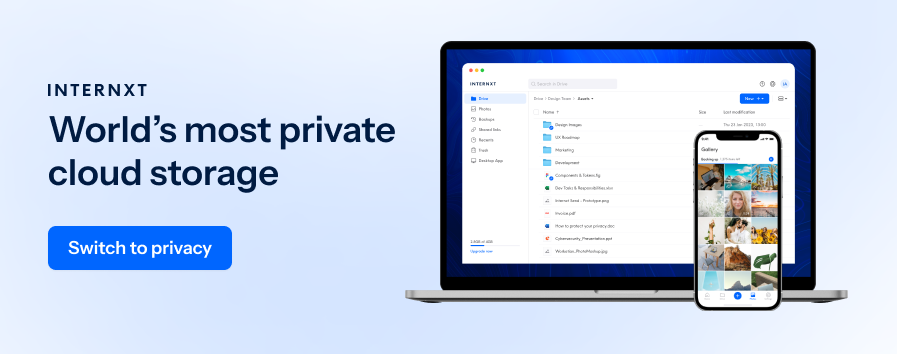
Using tools and implementing long-term measures can significantly help you know who is calling and reduce the risk of falling victim to fraudulent calls and other scams. Prevention is an ongoing task that requires constant attention and adaptation to new scammers' tactics.

